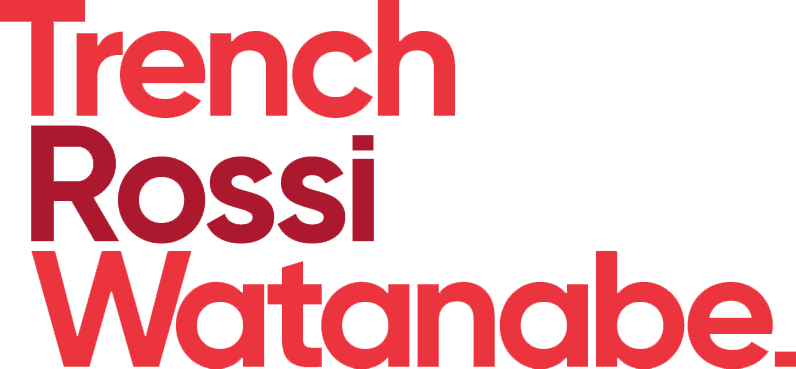On August 28, 2025, Trench Rossi Watanabe* hosted a thought-provoking webinar titled “Artificial Intelligence and Labor Relations”, featuring insights from LetIcia Ribeiro, Priscila Kirchhoff, Tricia Oliveira, Clarissa Lehmen, and Gabriel Goncalves. The session explored how AI is reshaping the workplace and what companies must consider to stay ahead of legal, ethical, and operational challenges.
The discussion began with an overview of AI’s rapid evolution and its growing influence on labor relations. Brazil has emerged as the third-largest user of ChatGPT, with 43% of users reporting improved productivity and task efficiency. Despite this momentum, the country lacks specific AI regulation, leaving companies to navigate a patchwork of internal policies—some encouraging AI use, others prohibiting it.
The conversation then turned to international benchmarks. The European Union’s AI Act, effective since August 2024 and set for full implementation by 2026, introduces a risk-based framework that will require careful compliance planning. Japan’s approach favors competitiveness and transparency, relying on public disclosure rather than punitive fines. In contrast, China’s strict oversight aims to ensure safety and stability, though it raises concerns around censorship and innovation constraints.
Brazil’s own AI Bill 2338/2023, which has passed the Senate and is under review in the Chamber of Representatives, promotes ethical, human-centered AI, and introduces strict regulations for high-risk applications such as recruitment, performance monitoring, and termination. The bill emphasizes the importance of algorithmic impact assessments and safeguards, especially in cases involving vulnerable workers, where the burden of proof may shift to protect employee rights.
The Justice 4.0 Program, launched by the National Council of Justice (CNJ) in 2020, sets principles for AI use in legal proceedings. The CNJ Resolution 615/2025 sets guidelines for the use of AI in the judiciary and emphasizes fundamental rights, transparency and human oversight. Businesses are advised to maintain clear documentation, revise policies and monitor automated decisions to avoid legal inconsistencies.
Real-world case studies highlighted the risks of inadequate AI governance. Issues such as privacy breaches and reputational damage demonstrate the need for clear policies on AI use and corporate device management. Companies must establish ethical guidelines on use of AI , sanctions for misuse, and appropriate use of corporate devices to mitigate exposure.
The consensus was clear: proactive governance, ethical alignment, and legal preparedness are essential for companies navigating the AI frontier.

*Trench Rossi Watanabe and Baker McKenzie have executed a strategic cooperation agreement for consulting on foreign law







